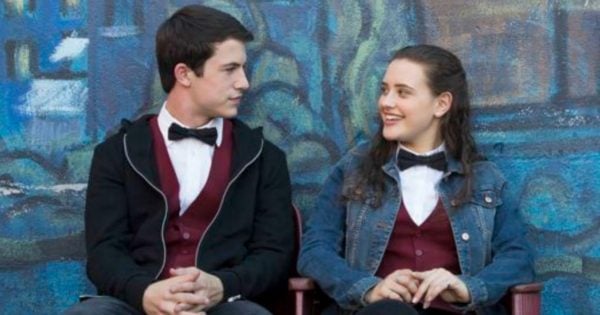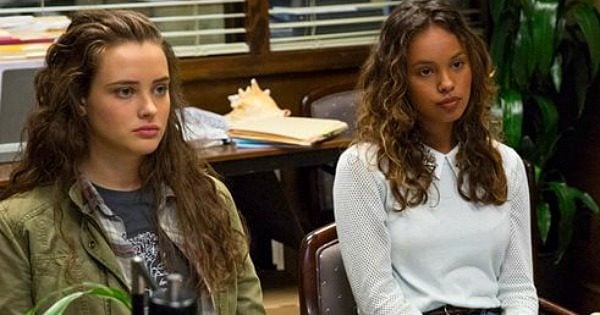
It’s a brave new world, this Netflix.
Recently, Netflix produced a series based on Jay Asher’s best-selling young-adult novel Thirteen Reasons Why. The show is proving itself to be both an unheralded success and a societal lightning rod.
The story follows the suicide of a 17-year-old protagonist named Hannah Baker, who left behind audio tapes addressed to the people who bullied her, tormented her, and ignored the warning signs leading up to her decision to take her own life. The show’s themes—such as cyber-bullying, sexual assault, mental illness and teenage suicide—reside in the forefront of our society’s discourse on how we can better serve our young adults.
Watch: Mia Freedman talks to Robin Bailey about the reality of suicide (post continues after video..)
Unfortunately, the Netflix show, while a compelling narrative, fails to address these issues with any real compassion for Hannah or the issues—particular her mental health problems—that lead to her tragic death. It is a missed opportunity to have an important discussion. It also depicts the teacher, counsellors and school administration as a bunch of bumbling idiots.
Full-disclosure: I am a public high school teacher. I’ve taught high school English for 15 years, first in Las Vegas now in New Hampshire. Like many of my colleagues, the bureaucracy and paperwork can be overwhelming, but I genuinely love working with my students, encouraging them to read deeply and think critically.


Top Comments
Thank goodness the author doesn't have a serious weight problem. Big people in shows are either (occasionally) the friend-zoned, loveable comedic sidekick, or (more often than not) projected as disgusting, ugly, sweaty, smelly-looking fat person who does nothing but stuff food in their face and sit on the couch.
You're offended because a fictional series didn't portray teachers in a good light?
You would hate Battle Royal then.